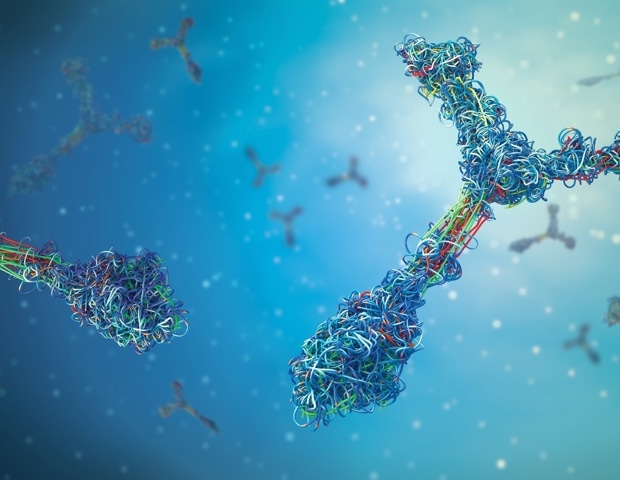A new study published in Cell Press reveals critical insights into the role of gamma-delta T cells across 33 cancer types, shedding light on their potential as clinical biomarkers and therapeutic targets in cancer treatment. Led by a team of researchers at Moffitt Cancer Center, this comprehensive analysis represents a significant advancement in the understanding of these unique immune cells and their implications for patient outcomes in cancer therapy. Despite their minority status within the T cell community, gamma-delta T cells are increasingly recognized for their dual capability to engage both innate and adaptive immune responses.
Moffitt researchers, in collaboration with scientists at Dartmouth College and Duke University, utilized a novel computational algorithm to analyze the gamma-delta T-cell receptor landscape across 11,000 tumors, providing an extensive database that tracks cancer progression and responses to various treatments, particularly immunotherapy . It's like finding a needle in a haystack. After two years of effort screening approximately 700 billion tumor RNA sequencing reads, our algorithm distilled 3.
2 million gamma-delta T-cell reads, highly informative for the study of gamma-delta T-cell clones. Our findings suggest that the diversity and clonality of gamma-delta T cells can significantly impact patient survival and treatment efficacy ." Xuefeng Wang, Ph.
D., chair of Moffitt's Biostatistics and Bioinformatics Department and the lead contact of the s.


















